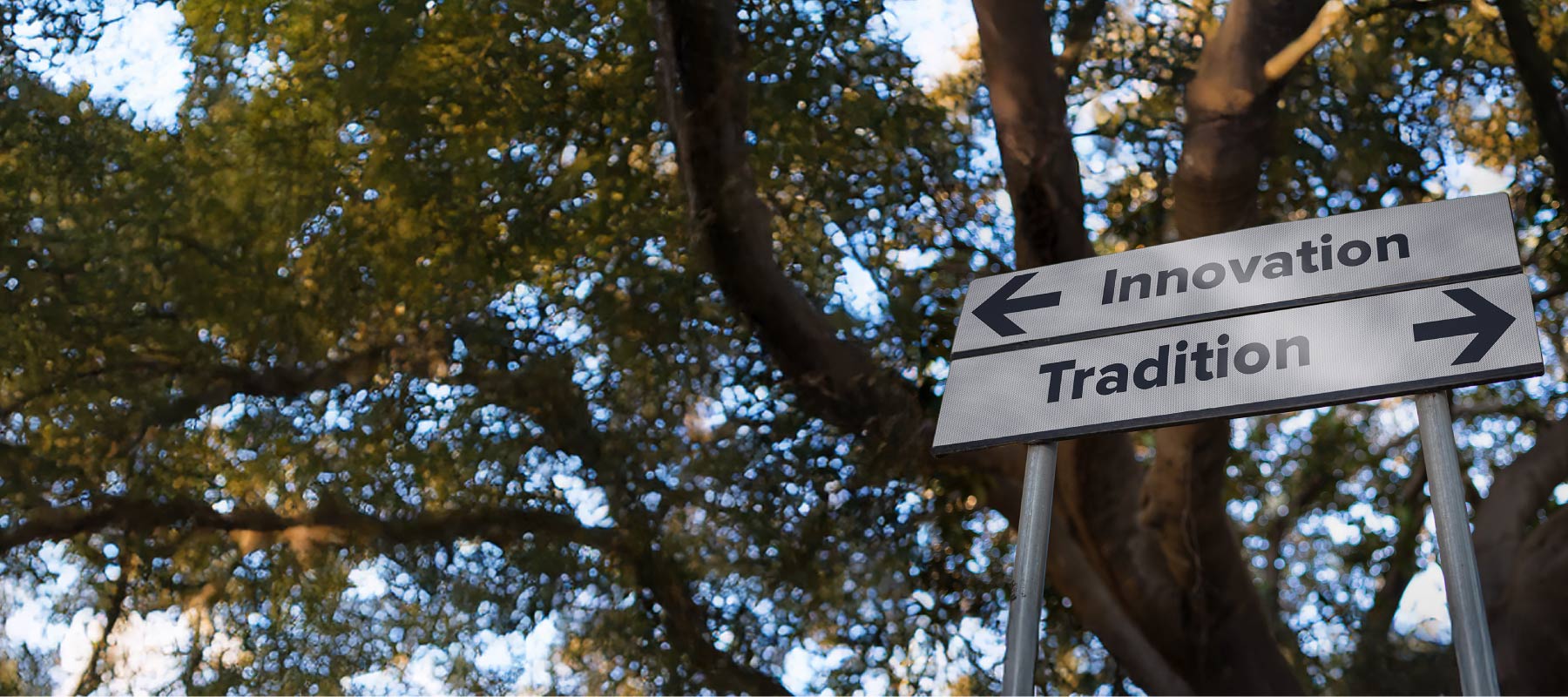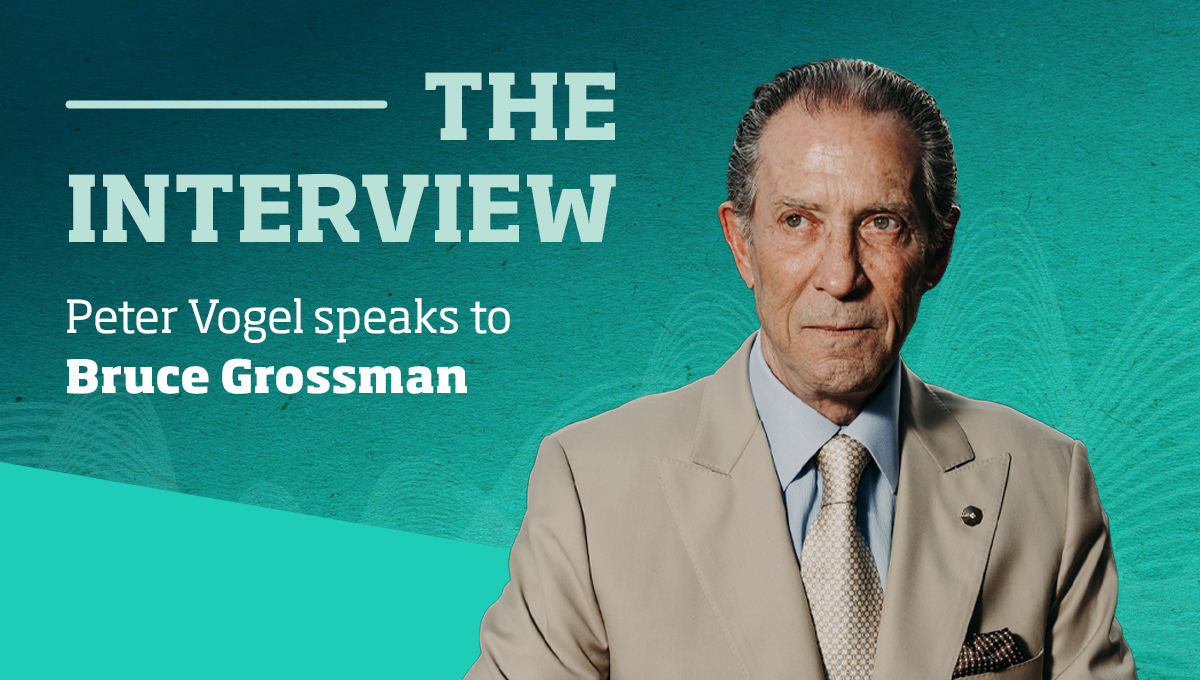Thai Union: The making of a world-leading seafood company
Thai Union had come a long way from its humble beginnings in 1977 as a Thai private label supplier of canned tuna to US importers. In four short decades it had become one of the leading seafood companies in the world with a turnover in 2016 of US$3.8 billion. Thiraphong Chansiri, the CEO, had led Thai Union brilliantly to make it a true multinational company operating in three continents, delivering value added branded products covering multiple fish species and distributing these under ambient, chilled and frozen temperature conditions. The company planned to more than double its turnover by 2020 to $8 billion while also raising its gross margin from 15.6% to 20%. It sought to do this by growing its existing business; launching innovative, high-margin products; expanding its presence in the food service sector; building a significant emerging market presence; and making more acquisitions. In October 2016, Thai Union announced that it had effectively acquired a 49% ownership stake in Red Lobster, the leading seafood restaurant chain in the United States. This diversification was viewed as an important growth opportunity for the company. The question for Thai Union’s leadership team was whether diversification and growth were still the right mantras for the company in 2017, when it had already become the industry leader? A related challenge was in building a global organization that could effectively manage the company’s growing and diverse international footprint.
- Integrating global acquisitions
- Building a global organization
- Transitioning from family to professional leadership
1997-2017
Cranfield University
Wharley End Beds MK43 0JR, UK
Tel +44 (0)1234 750903
Email [email protected]
Harvard Business School Publishing
60 Harvard Way, Boston MA 02163, USA
Tel (800) 545-7685 Tel (617)-783-7600
Fax (617) 783-7666
Email [email protected]
NUCB Business School
1-3-1 Nishiki Naka
Nagoya Aichi, Japan 460-0003
Tel +81 52 20 38 111
Email [email protected]
IMD retains all proprietary interests in its case studies and notes. Without prior written permission, IMD cases and notes may not be reproduced, used, translated, included in books or other publications, distributed in any form or by any means, stored in a database or in other retrieval systems. For additional copyright information related to case studies, please contact Case Services.
Research Information & Knowledge Hub for additional information on IMD publications

Leaders of family firms are struggling with multiple role identities, and poor board management is putting the future of family enterprises at risk.

Tolaram’s Mohan Vaswani and Sajen Aswani on how the family enterprise has achieved success across four generations, three continents, and 75 years.
Jess Chua was a leading scholar in the field of family business and a major contributor to Entrepreneurship Theory and Practice both as an author and editor. His significant contributions to the field were acknowledged by the Web of Science, which...

Taking tangible next steps from the success of a 70-year-old craft firm and applying transferable advice to family businesses across every sector.
BARCELONA, JANUARY 2023. What started in 2016 as a humble entrepreneurial attempt to contribute to a more sustainable future had turned into a solid eyewear brand present in major Western markets. François van den Abeele was even more excited by t...
Founded by Lim Hock Chee in 1985, Sheng Siong has evolved from a humble grocery store into a leading supermarket chain in Singapore, renowned for its cost-effective pricing and commitment to customer satisfaction. Mr Lim’s unique philosophy, which...

Bruce Grossman shares his family’s journey from mining to building Arca Continental, Latin America's second-largest Coca-Cola bottler, and their commitment to legacy and impact.
Family businesses hold a unique place in the economic and social landscape. They represent not just entrepreneurship but also heritage, values and a legacy passed down through generations.
Family businesses have long been the backbone of the global economy, contributing significantly to employment, innovation, and economic resilience. As we approach 2025 and beyond, family businesses must adapt to a range of emerging trends to stay ...
Research Information & Knowledge Hub for additional information on IMD publications
Research Information & Knowledge Hub for additional information on IMD publications
in Entrepreneurship Theory and Practice 5 February 2025, ePub before print, https://doi.org/10.1177/10422587251315653
Research Information & Knowledge Hub for additional information on IMD publications
Research Information & Knowledge Hub for additional information on IMD publications
Research Information & Knowledge Hub for additional information on IMD publications
Research Information & Knowledge Hub for additional information on IMD publications
Research Information & Knowledge Hub for additional information on IMD publications
Research Information & Knowledge Hub for additional information on IMD publications
in Family Office Magazine January 2025, no. 2, pp. 20-21
Research Information & Knowledge Hub for additional information on IMD publications
Research Information & Knowledge Hub for additional information on IMD publications

